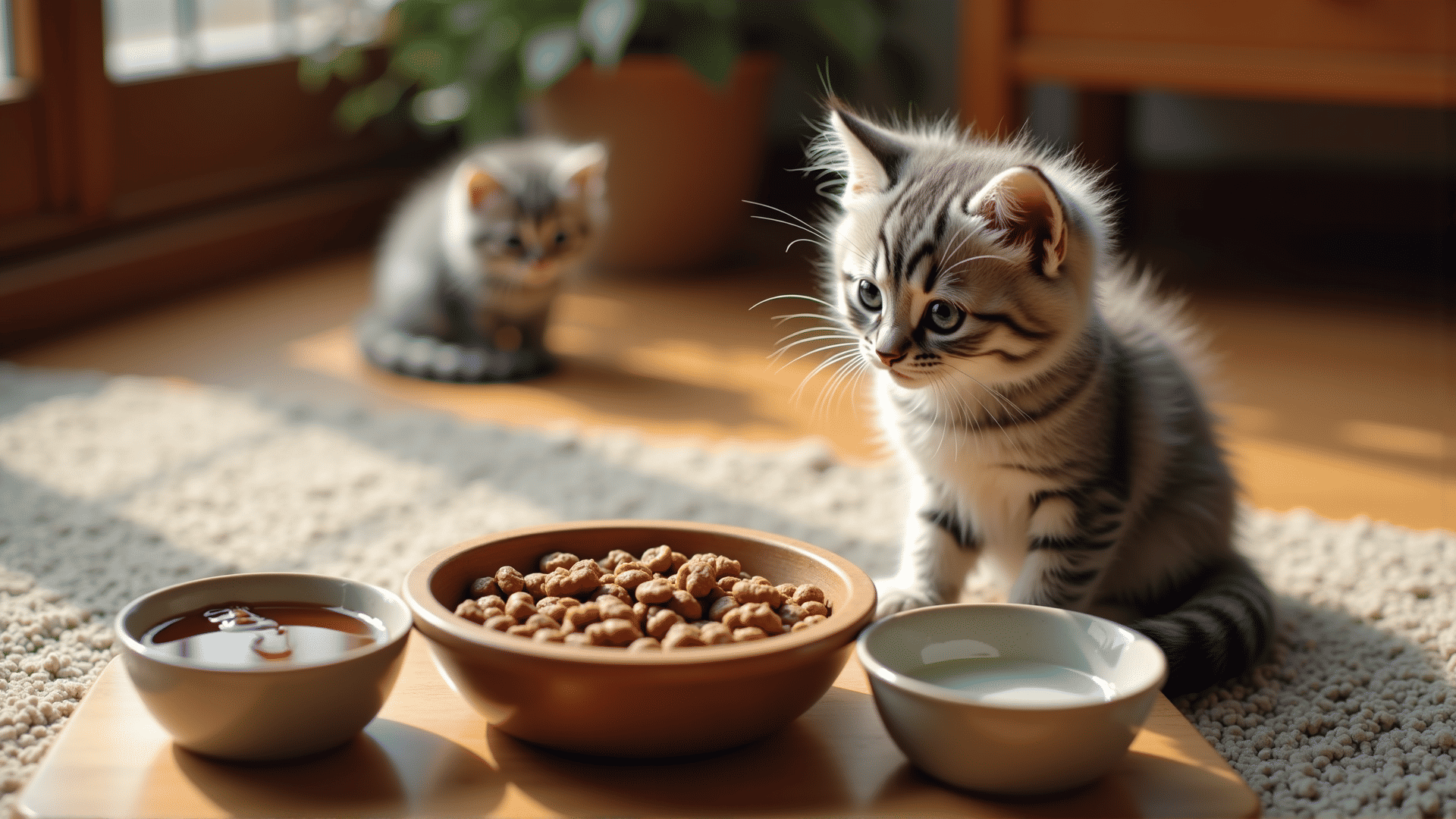Caring for a new kitten is both a joy and a responsibility. One of the most crucial aspects of ensuring your kitten grows into a healthy and happy adult cat is establishing good nutritional habits from the start. Providing optimal nutrition supports their rapid growth, robust immune function, and overall energy levels. Here's a guide to creating a balanced diet for your young feline friend.
Understanding Your Kitten’s Nutritional Needs
Kittens have unique dietary requirements that differ significantly from adult cats. During the first few months, their bodies are developing rapidly, requiring a diet high in calories and nutrients to support muscle development, organ growth, and bone strength. Proteins and fats should make up a significant portion of their intake, with essential vitamins and minerals to support healthy development.
Choosing the Right Food
Selecting the appropriate type of food is fundamental in nurturing your kitten’s growth. Commercial kitten food is formulated to meet the nutritional needs of young cats, offering a perfect balance of proteins, fats, and essential nutrients. Whether you opt for dry kibble, wet canned food, or a combination of both, ensure it is specifically labeled for kittens, not adult cats.
Frequency and Portion Control
Kittens require more frequent feeding times compared to adult cats. Free-feeding—leaving food out throughout the day—can be beneficial for very young kittens. As they grow, transitioning to scheduled meals can help with portion control and establishing a routine. Generally, feeding four meals per day is advised up to six months of age, gradually reducing to two meals a day as they approach their first birthday.
Hydration is Key
In addition to a balanced diet, ensure your kitten stays well-hydrated. Fresh, clean water should always be available. While wet food can contribute to their water intake, especially for kittens who are not inclined to drink often, relying solely on this is insufficient for their hydration needs.
Supplements and Treats
Before considering supplements or treats, consult with a veterinarian. While most commercial kitten foods are designed to be comprehensive, some kittens might benefit from additional nutritional support. Treats can be a fun reward, but they should never exceed more than 10% of your kitten's daily intake to prevent imbalance and weight issues.
Monitoring Growth and Development
Keep a close eye on your kitten's growth and consult your veterinarian regularly to ensure they are gaining weight properly and hitting developmental milestones. Adjust their diet as necessary based on your veterinarian’s recommendations, especially if you notice any changes in energy levels, coat condition, or stool quality.
Avoiding Common Pitfalls
Avoid feeding human food or dog food to your kitten, as these do not align with feline dietary requirements and can lead to nutritional deficiencies or toxicity. Moreover, be cautious with raw diets without veterinary guidance, as these might pose health risks without proper balance and food safety measures.
By establishing healthy eating habits early, you set your kitten up for a lifetime of wellness and vitality. Always remember that every kitten is unique, and their dietary plan should be tailored to their specific health needs and lifestyle. With the right nutrition, your kitten will not only thrive during their early years but will also enjoy a prolonged, healthy life as an adult cat.
